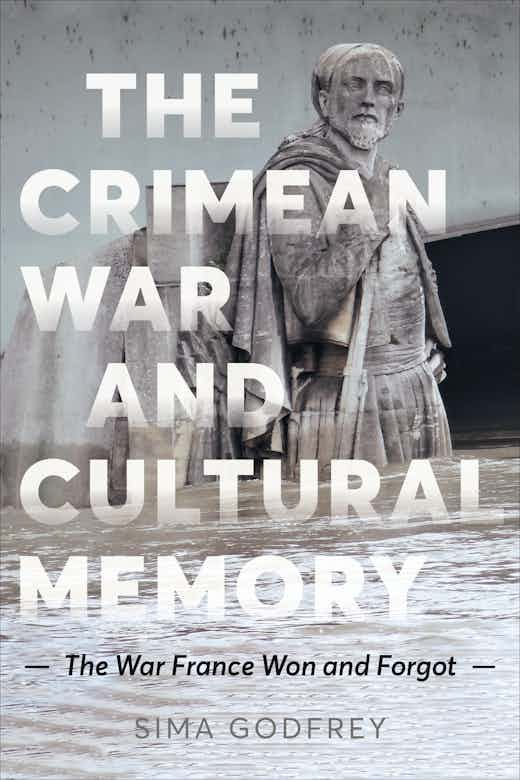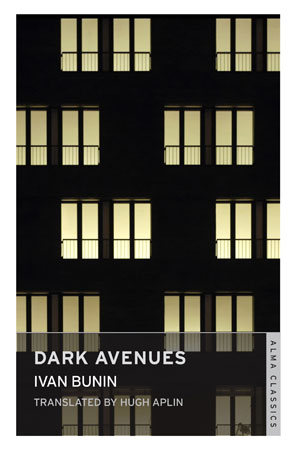 The Crimean War and Cultural Memory is more than a window on cultural disapprobation, from a particular era. It is a sensitive, scholarly (with great photographs and illustrations) exercise in resurrecting obscure, ‘forgotten’ history. How history gets to forgotten is the main issue here.
The Crimean War and Cultural Memory is more than a window on cultural disapprobation, from a particular era. It is a sensitive, scholarly (with great photographs and illustrations) exercise in resurrecting obscure, ‘forgotten’ history. How history gets to forgotten is the main issue here.
Category: Classic Literature Reviews
A review of Edith Wharton’s The House of Mirth
 As a protagonist, Lily is not easy to love. She isn’t down to earth and feisty like a Jane Austen heroine or destitute and virtuous like one of Thomas Hardy’s. She is vain, materialistic, and small-minded. She obsesses over clothes, incomes, and table settings, and is cruel to the friends whose modest means render them socially useless to her.
As a protagonist, Lily is not easy to love. She isn’t down to earth and feisty like a Jane Austen heroine or destitute and virtuous like one of Thomas Hardy’s. She is vain, materialistic, and small-minded. She obsesses over clothes, incomes, and table settings, and is cruel to the friends whose modest means render them socially useless to her.
A review of The Iliad translated by Emily Wilson
 In summary, Emily Wilson’s translation of The Iliad is a tour de force that navigates the fine line between faithfulness to the original and contemporary relevance. While some critics accuse her of excessive modernization, these criticisms often overlook her intent: to make this epic tale accessible to a broader audience without sacrificing its original integrity.
In summary, Emily Wilson’s translation of The Iliad is a tour de force that navigates the fine line between faithfulness to the original and contemporary relevance. While some critics accuse her of excessive modernization, these criticisms often overlook her intent: to make this epic tale accessible to a broader audience without sacrificing its original integrity.
A review of Anna Karenina by Leo Tolstoy
 Anna Karenina is a novel that beguiles and intrigues. The world it depicts and dissects remains fascinating in itself. Its characters are among the most memorable ever created. And the targets and outward forms of social disapproval may be different now to what they were then, but they nevertheless exist. The world is still an awfully harsh place to those who step out of line or who cannot enter into prescribed ways of thinking and feeling.
Anna Karenina is a novel that beguiles and intrigues. The world it depicts and dissects remains fascinating in itself. Its characters are among the most memorable ever created. And the targets and outward forms of social disapproval may be different now to what they were then, but they nevertheless exist. The world is still an awfully harsh place to those who step out of line or who cannot enter into prescribed ways of thinking and feeling.
A review of The World of Yesterday by Stefan Zweig
For much of the book, Zweig brings all his formidable talents as a writer to evoke the Europe which he had lost. There is a fierce intelligence, a passionate humanity, a reverence for art at play here. He is in a sense a revenant, for his first readers no less than for us too, in that he embodies that lost Europe. We are given vivid, indelible portraits of Rilke, Rodin, Freud, Herzl, Hoffmanstahl, Rathenau, Joyce, Richard Strauss… These are some of those whom Zweig met and knew, sometimes worked and collaborated with.
A review of The Kiss and Other Stories by Anton Chekhov
 These classic stories have been cast in wonderfully fresh translations by Hugh Aplin. To start with, let me say that it is an attractive package overall: seven stories, an account of Chekhov’s life and his works (the plays as well as the books), a fair few photographs of Chekhov and family, and a select secondary bibliography (to which should be added Rosamund Bartlett’s outstanding biographical work Chekhov: Scenes from a Life).
These classic stories have been cast in wonderfully fresh translations by Hugh Aplin. To start with, let me say that it is an attractive package overall: seven stories, an account of Chekhov’s life and his works (the plays as well as the books), a fair few photographs of Chekhov and family, and a select secondary bibliography (to which should be added Rosamund Bartlett’s outstanding biographical work Chekhov: Scenes from a Life).
Another Dodge in a System of Dodges: Evasion of Responsibility in What Maisie Knew, Book and Film
Henry James created characters able to embody his concern for elegance, intelligence, morality, and social ritual; and his work attains intellectual and spiritual dimension of a high degree—and his style, thoughtful, textured, teasing, can be complex to the point of profound obscurity, requiring attention, consideration, and deep understanding. The drama is increased for all that.
A review of Diaboliad & Notes on a Cuff by Mikhail Bulgakov
 These two handsome and distinctive paperbacks form part of a series showcasing the work of Russian Master Mikhail Bulgakov. Some of the stories in Notes on a Cuff appear in English for the first time, so this is a real treat for Bulgakovians. In addition, both books include valuable textual apparatus: photographs (Mikhail was quite the dandy), notes and a concluding section on the life and work of Bulgakov.
These two handsome and distinctive paperbacks form part of a series showcasing the work of Russian Master Mikhail Bulgakov. Some of the stories in Notes on a Cuff appear in English for the first time, so this is a real treat for Bulgakovians. In addition, both books include valuable textual apparatus: photographs (Mikhail was quite the dandy), notes and a concluding section on the life and work of Bulgakov.
A review of Dark Avenues by Ivan Bunin
 If you’re looking for a point of comparison, I’d say Bunin as a writer is similar to Chekhov, that’s his model. Though he is darker, more risqué and also narrower in his sympathies. There are some people, you feel, that Bunin is just not interested in – something you never feel with Chekhov. There are some people, you feel, that Bunin is just not interested in – something you never feel with Chekhov. Bunin is a little old-fashioned or out of touch too, you sense. Set in his ways. You read a story written in the ‘40s – and so contemporaneous with Hemingway, Waugh and Greene – and the people are behaving like turn of the century Russian nobility.
If you’re looking for a point of comparison, I’d say Bunin as a writer is similar to Chekhov, that’s his model. Though he is darker, more risqué and also narrower in his sympathies. There are some people, you feel, that Bunin is just not interested in – something you never feel with Chekhov. There are some people, you feel, that Bunin is just not interested in – something you never feel with Chekhov. Bunin is a little old-fashioned or out of touch too, you sense. Set in his ways. You read a story written in the ‘40s – and so contemporaneous with Hemingway, Waugh and Greene – and the people are behaving like turn of the century Russian nobility.
A review of The Remains of the Day by Kazuo Ishiguro
 This is a lovely, easy to read, and powerful book. The simplicity of its narrative belies a far deeper and more complex underlying truth, and this new Faber & Faber edition draws attention to how fresh and relevant the book remains to a modern audience.
This is a lovely, easy to read, and powerful book. The simplicity of its narrative belies a far deeper and more complex underlying truth, and this new Faber & Faber edition draws attention to how fresh and relevant the book remains to a modern audience.